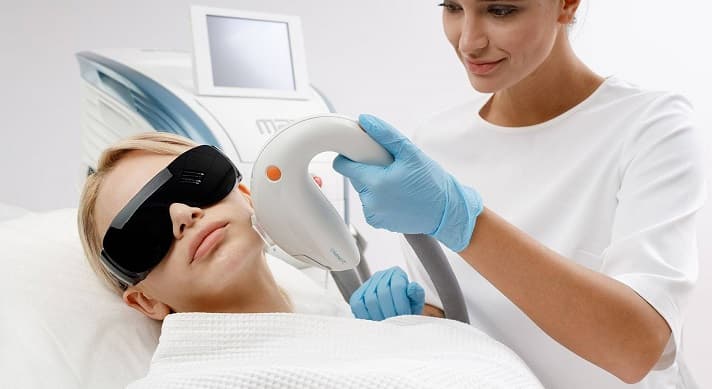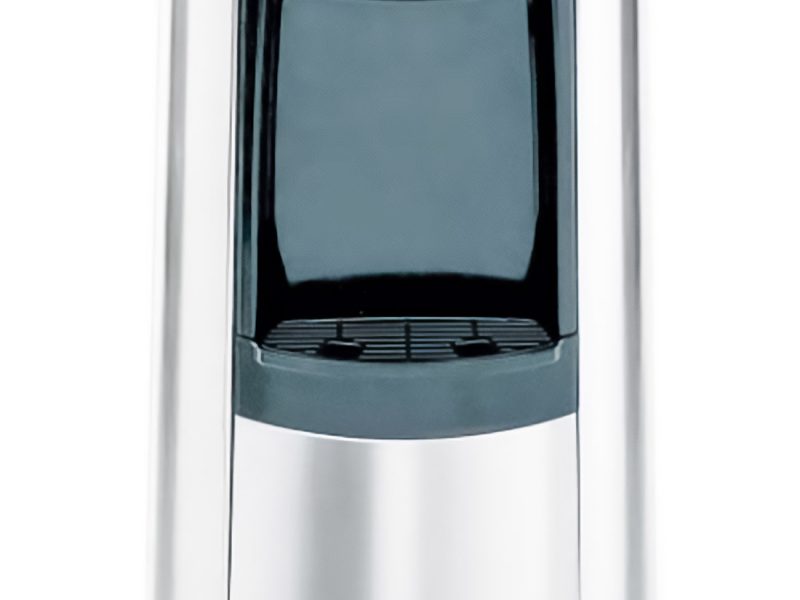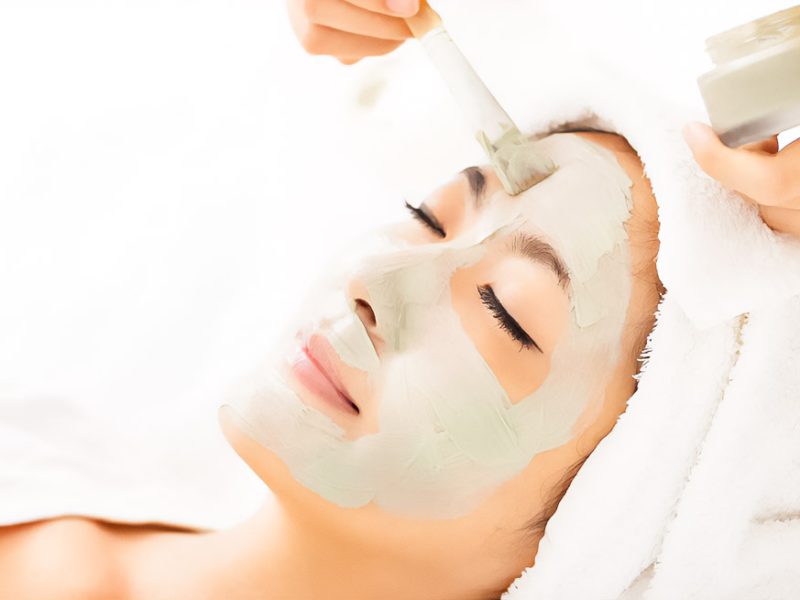There are many Acne treatment Dubai options for acne, and each has its benefits. You can read about mild, moderate, and severe treatments below. Then, you can choose to avoid using irritants. If none of these treatments work for you, try surgical treatment instead. This treatment is not right for everyone, so make sure you seek the advice of your dermatologist before going under the knife. You might want to consider this treatment, too. Surgical treatment is not necessary for moderate cases.
Moderate
The symptoms of moderate acne include pimples, blackheads, and bumps that are tender to the touch. Papules, which are red bumps that are caused by clogged hair follicles, may also appear. If not treated properly, these acne lesions may turn into pustules, which contain white, yellow, or cream-colored pus. For moderate acne, a dermatologist can devise a treatment plan tailored to the patient’s lifestyle and skin type.
Severe
Although many people have trouble treating severe acne, there is hope. A number of medications and skin care regimens exist to combat acne. You may even need a new dermatologist or medication. Whatever the case, it is never too late to get the treatment you need. If you have severe acne, you need to find a dermatologist that will help you treat it. A new doctor or medication can make the difference between a temporary cure and permanent control.
Surgical
Surgical acne treatment has become a popular option for treating the condition, but it can have risks. Patients with dark skin and those with underlying medical conditions are at a higher risk of scarring. This procedure also has a higher risk of bleeding. The results of the procedure vary, and the chances of postoperative scarring are dependent on the type of surgery performed and the patient’s general health. For this reason, it is important to discuss the risks and benefits with your dermatologist before undergoing a surgical procedure.
Avoiding Irritants
A good way to minimize acne is to avoid using harsh facial cleansers. You should wash your face at least twice a day with a mild cleanser, and do not over-wash your face. You can even use a noncomedogenic cleansers, which are those that don’t clog pores. Besides avoiding harsh cleansers, you should also avoid greasy foods, oily work, and heat, which can clog your pores.
Retinoids
The FDA approved tretinoin in 1971, and since then retinoids have been the mainstay of acne treatment. These compounds alter the expression of hundreds of cellular proteins and affect multiple pathways involved in acne pathogenesis. Throughout the decades, these drugs have undergone numerous modifications and countless formulations. The earliest forms of retinoids are topical solutions that reduce sebum secretion, but they have since developed into second and third-generation retinoid agents with improved adherence.
Antibiotics
Years ago, acne was thought to be infectious. Antibiotics were used to treat the condition. However, a recent study has discredited this theory and has argued that acne is not an infectious disease. In fact, all adults have some P. acnes bacteria in their follicles, but the number of bacteria in these follicles does not correlate with acne severity. It appears that the problem lies in the bacteria that causes acne and not in the antibiotics used to treat it. Get treatment done from a good aesthetic medical center for excellent results.

Fixie owner, self-starter, audiophile, Mad Men fan and storyteller. Working at the crossroads of beauty and computer science to create great work for living breathing human beings. Let’s chat.


